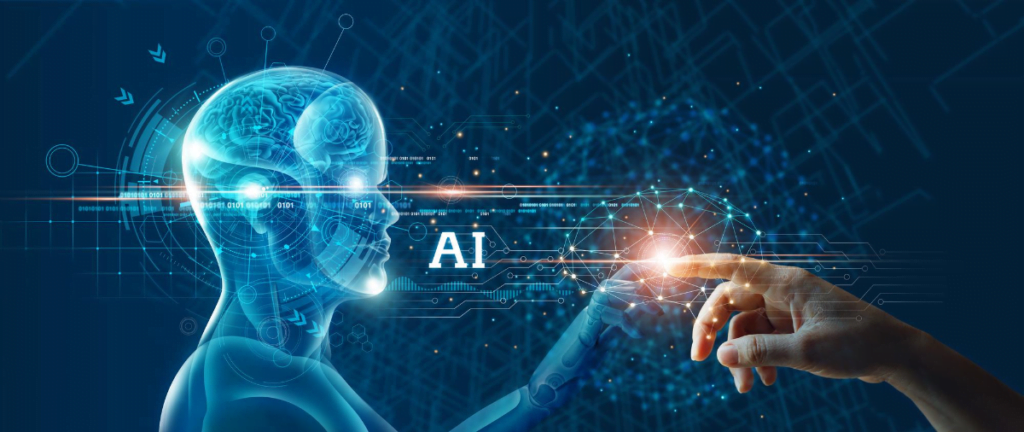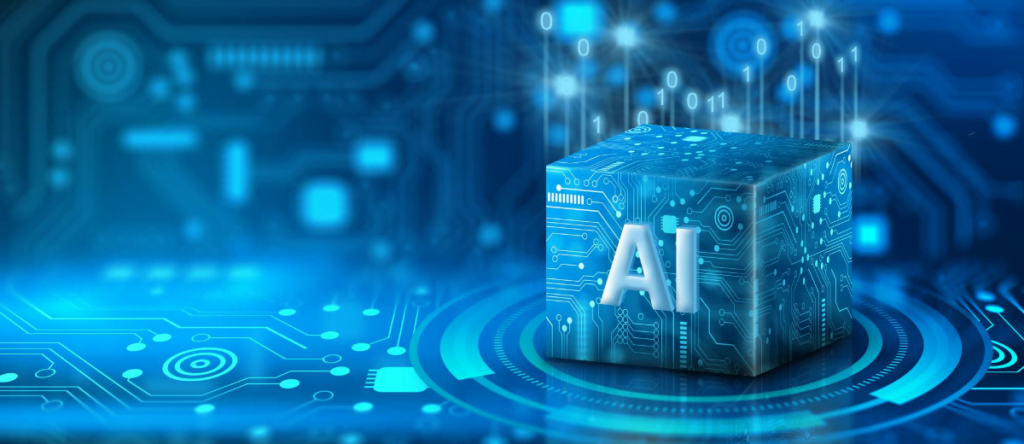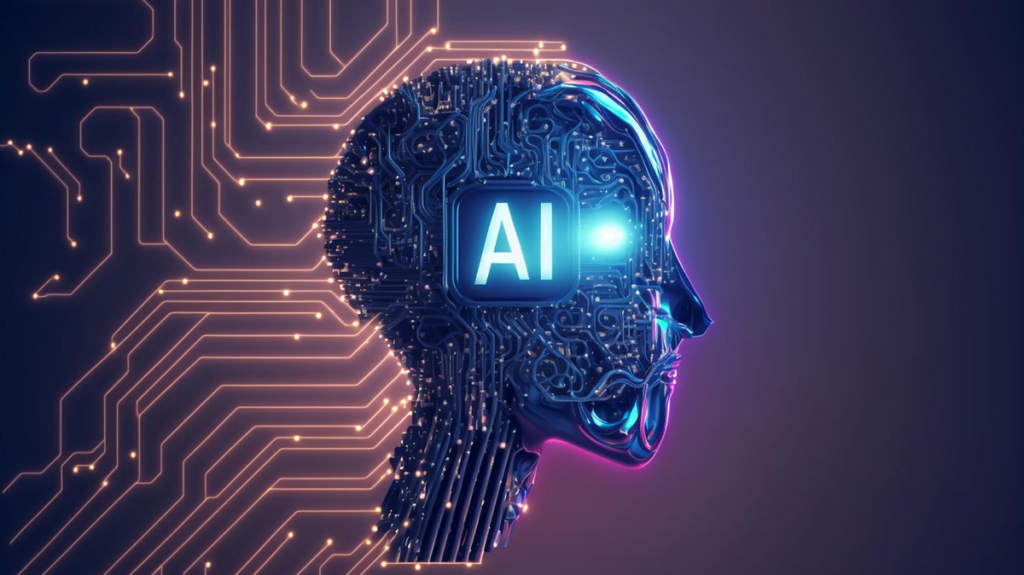Artificial Intelligence (AI), characterized by machines mimicking cognitive human functions such as learning and problem-solving, has grown exponentially in recent years. Its adoption across various sectors is impacting our present and holds significant implications for the future.
AI’s potential is two-fold: it can provide significant benefits, but also raise complex challenges and risks. This article seeks to provide an in-depth understanding of how we can prepare for the future of AI.
AI in Our World Today
AI has already permeated numerous sectors including healthcare, transportation, and customer service. In healthcare, AI algorithms are used to analyze complex medical data, enhancing disease diagnosis and treatment. In transportation, AI powers autonomous vehicles, enhancing efficiency and safety. In customer service, AI chatbots facilitate efficient, round-the-clock customer engagement.

The Future Impact of AI on Industries and the Workplace
As AI continues to evolve and gain traction, it is poised to profoundly transform various industries and the workplace. For instance, in the manufacturing sector, we could see a significant shift as AI-powered robots bring unprecedented precision and productivity, reshaping operational processes and work dynamics.
In the retail industry, AI has the potential to revolutionize customer experiences by enabling personalization and streamlining inventory management, altering how businesses interact with consumers and manage their internal resources. This could change job roles and skills needed in the retail workplace.
Meanwhile, the education sector stands to benefit significantly from AI tools. These tools can individualize learning and support educators in monitoring student progress, reshaping teaching methodologies and the dynamics between educators and learners in classrooms. As AI becomes more integrated into education, the nature of jobs in this sector and the skills educators need may also transform.
The Potential Benefits and Challenges of AI
AI offers several benefits, including increased productivity, improved decision-making, and personalized experiences. By automating routine tasks, AI frees up time for more complex tasks, boosting productivity.
AI’s data analysis capabilities enable improved decision-making. By understanding user behavior, AI can tailor individual experiences.
However, the advent of AI also brings challenges. AI might displace jobs, particularly those involving routine tasks, exacerbating inequality. AI applications also raise ethical concerns, like privacy issues and the potential for misuse.

Preparing for the Future of AI
As AI continues to evolve, individuals and businesses must adapt accordingly.
One step is upskilling and reskilling to acquire abilities needed in the AI-driven economy.
Simultaneously, investing in AI-powered tools and technologies could offer competitive advantages.
Developing ethical guidelines for AI use is crucial to ensure fairness and privacy.
Lastly, advocating for responsible AI development and use policies can ensure a balanced and beneficial AI integration.
Conclusion
AI is quickly transforming our world, with profound implications for the future. While AI offers numerous benefits, it also poses significant challenges, making it crucial to prepare for this AI-driven future.
By upskilling, reskilling, investing in AI technologies, establishing ethical guidelines, and advocating for responsible AI policies, we can harness the potential of AI while mitigating its risks.




